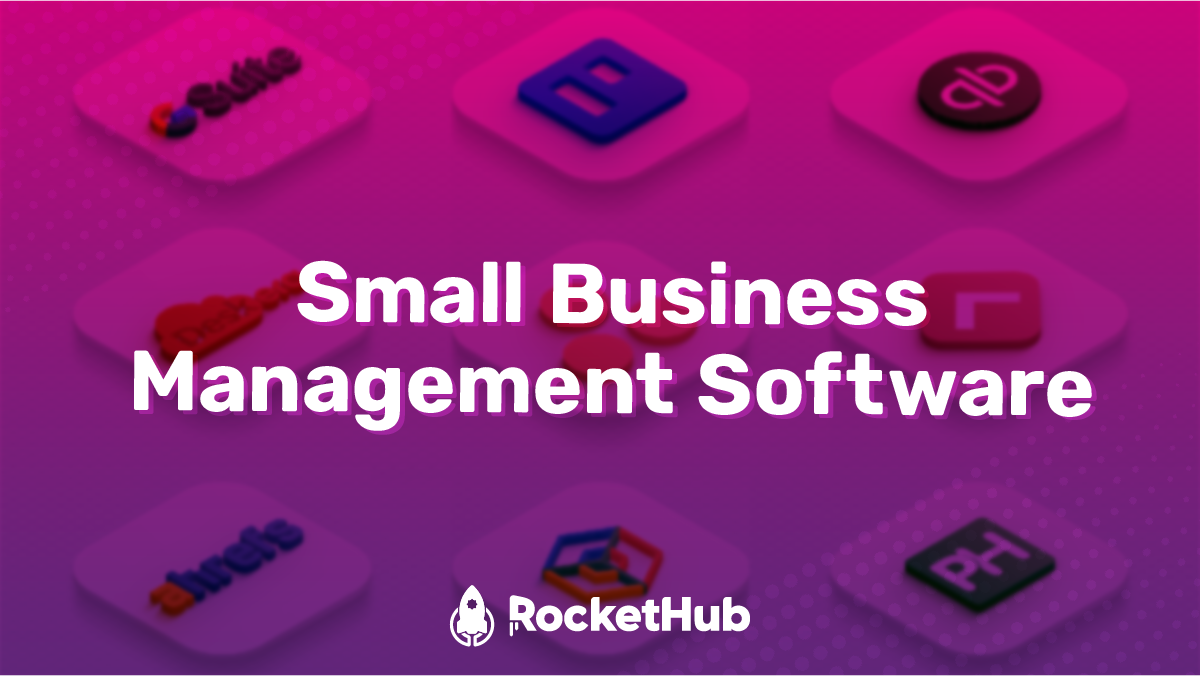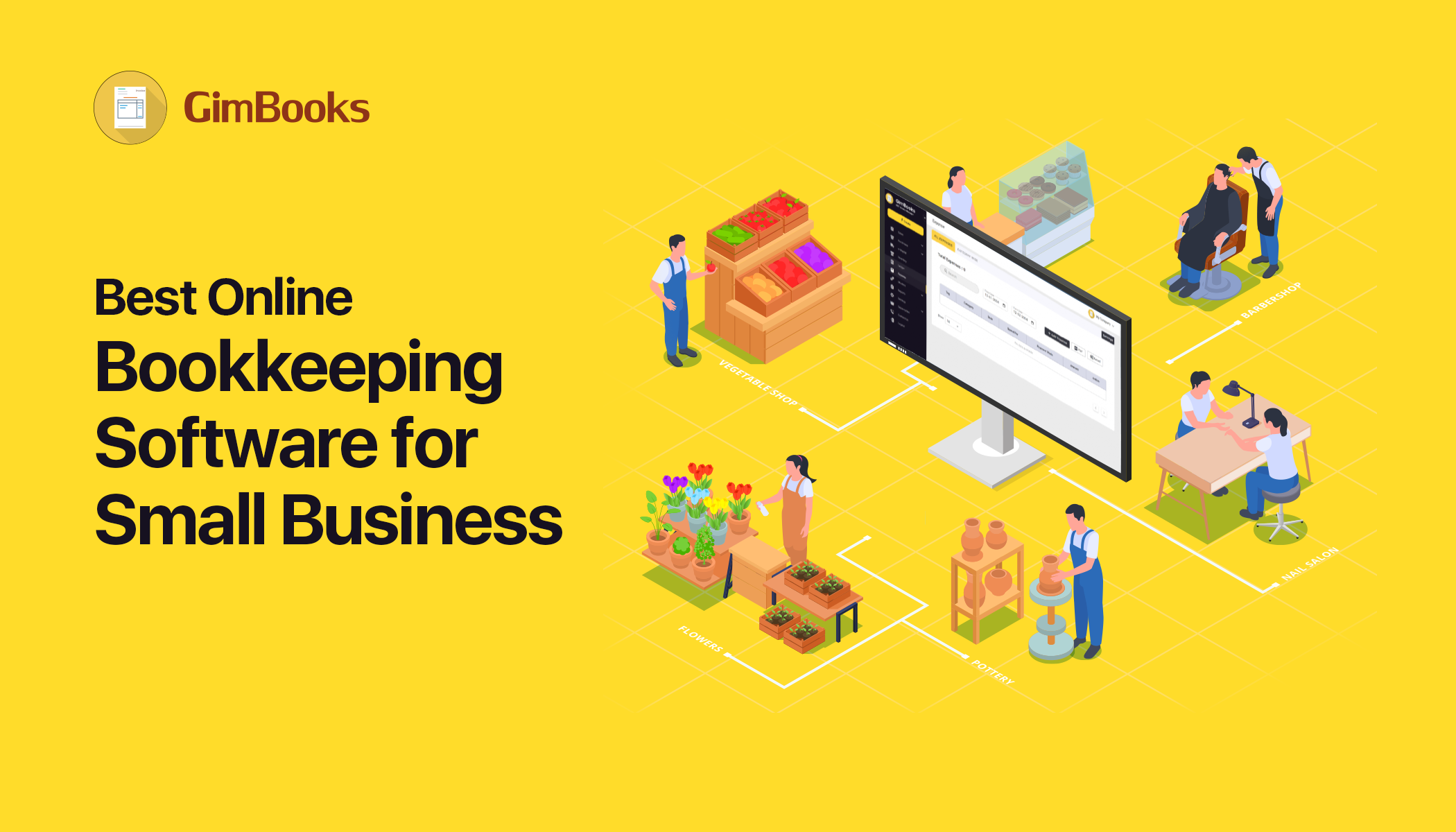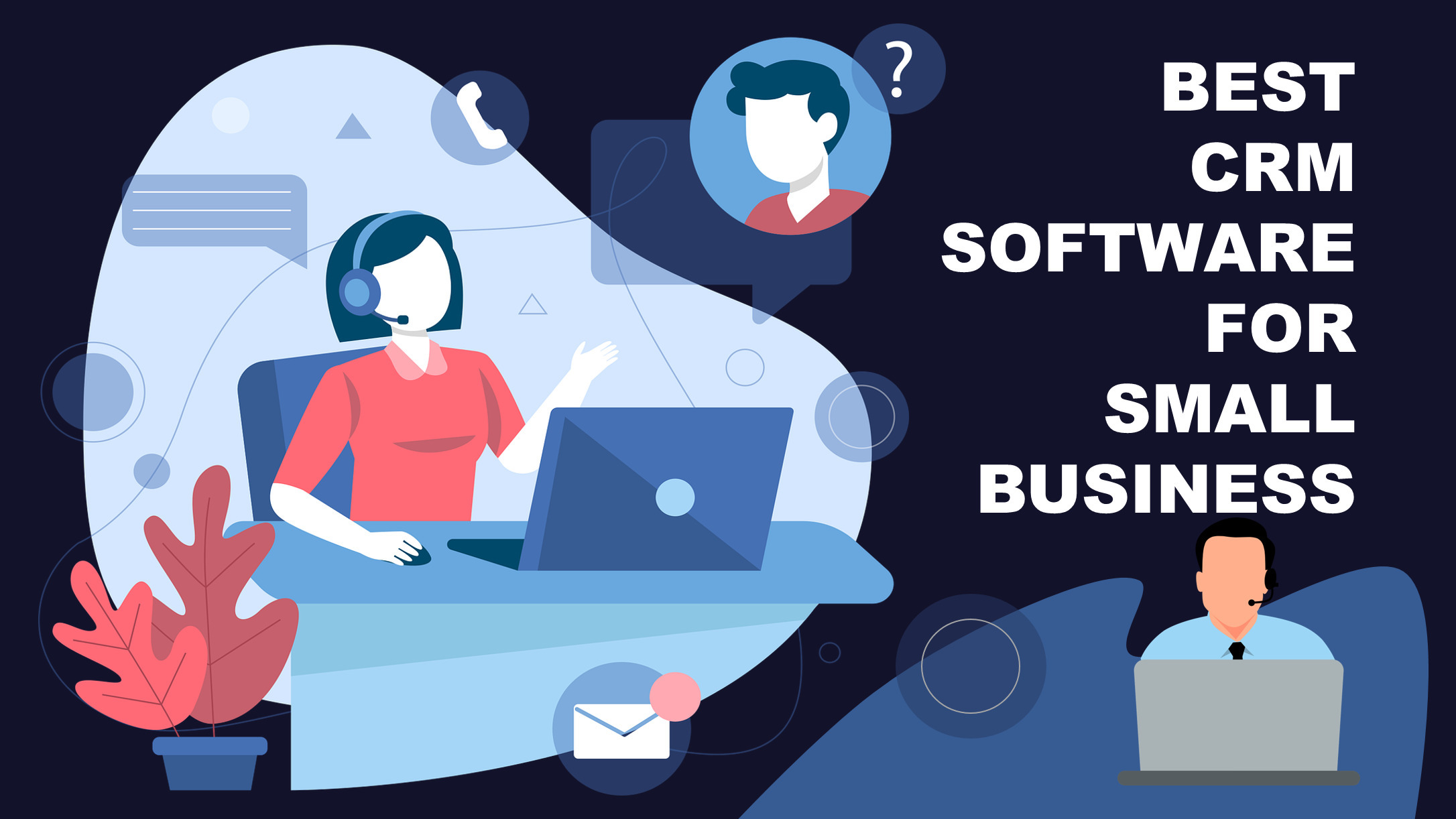Software For Small Business Owners

In the relentless marketplace, small business owners often juggle a multitude of responsibilities, from product development to customer service. Many are discovering that the key to staying competitive isn't just hard work, but smart work, enabled by sophisticated software solutions. This is a shift that can determine whether a business thrives or merely survives.
The adoption of specialized software is transforming how small businesses operate, boosting efficiency and profitability. This article examines the types of software most valuable to small businesses, the challenges of implementation, and the future trends shaping this crucial sector. We’ll explore the impact on productivity, cost savings, and the overall competitive landscape, drawing on industry data and expert insights.
The Rise of Software Solutions
Small businesses are increasingly recognizing the value of software in streamlining operations. The Small Business Administration (SBA) emphasizes the importance of technology adoption for growth and competitiveness.
“Technology is no longer a luxury, but a necessity for small businesses to compete in today's market,” - a recent statement from the SBA on their website.
Essential Software Categories
Several software categories stand out as particularly beneficial for small businesses. These include accounting software, customer relationship management (CRM) systems, project management tools, and marketing automation platforms. Each addresses specific needs and contributes to overall efficiency.
Accounting Software automates financial tasks, from invoicing to expense tracking. Tools like QuickBooks and Xero are popular choices, simplifying bookkeeping and providing real-time financial insights.
CRM Systems, such as Salesforce and HubSpot, help manage customer interactions and sales processes. This improves customer satisfaction and drives revenue growth.
Project Management Software, like Asana and Trello, facilitates task management and team collaboration. These tools help ensure projects are completed on time and within budget.
Marketing Automation Platforms streamline marketing efforts, from email campaigns to social media management. This saves time and improves the effectiveness of marketing strategies.
Challenges and Considerations
While the benefits are clear, implementing new software isn't always easy. Small business owners often face challenges related to cost, training, and integration with existing systems. These obstacles must be carefully addressed to ensure a successful transition.
Cost can be a significant barrier, especially for startups. Many software providers offer tiered pricing plans to accommodate different budgets, but choosing the right plan requires careful consideration.
Training is another critical aspect. Employees need to be properly trained on how to use the new software effectively, which can take time and resources. However, it is a worthwhile investment.
Integration with existing systems is also crucial. The new software must seamlessly integrate with other tools and platforms to avoid data silos and ensure smooth workflows.
The Impact on Productivity and Profitability
When implemented correctly, software can significantly boost productivity and profitability. By automating repetitive tasks and improving efficiency, businesses can free up time and resources to focus on core activities. This leads to increased revenue and reduced operating costs.
A study by Forrester Research found that businesses using CRM systems experienced an average increase in revenue of 25%. This demonstrates the potential of software to drive business growth.
Furthermore, software can improve decision-making by providing real-time data and insights. This helps business owners make informed choices and respond quickly to market changes.
Future Trends
The software landscape is constantly evolving, with new trends emerging all the time. Artificial intelligence (AI), cloud computing, and mobile technologies are all shaping the future of software for small businesses. Keeping up with these trends is essential for staying competitive.
AI is being integrated into various software applications, enabling automation, personalization, and predictive analytics. This helps businesses automate tasks, personalize customer experiences, and anticipate future trends.
Cloud computing is becoming increasingly popular, offering scalability, flexibility, and cost savings. This allows businesses to access software and data from anywhere, at any time.
Mobile technologies are also playing a major role, enabling employees to work remotely and access information on the go. This improves productivity and collaboration.
The Future of Small Business Software
Software is becoming an indispensable tool for small business owners. As technology continues to advance, software solutions will become even more powerful and affordable. This levels the playing field, allowing small businesses to compete with larger corporations and thrive in today's dynamic market. The key is for businesses to embrace technology, identify their specific needs, and invest in the right software solutions to achieve their goals.


















